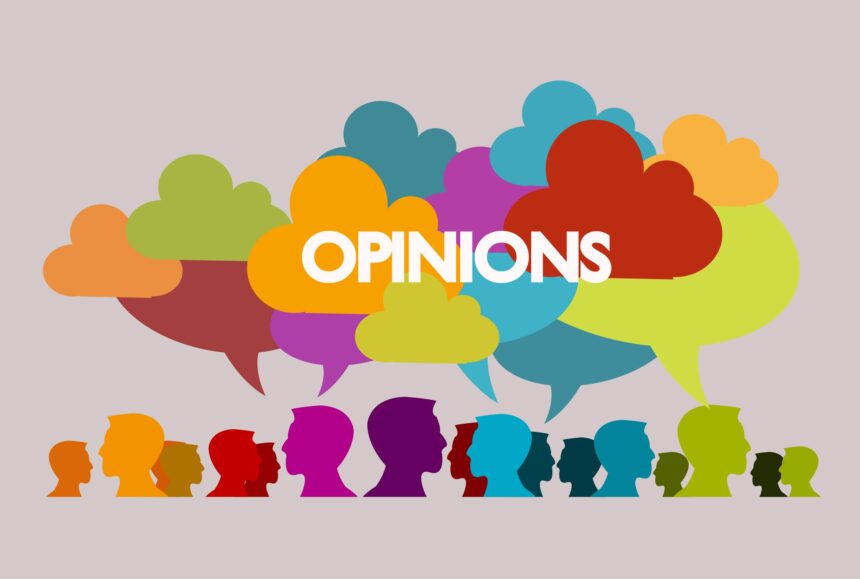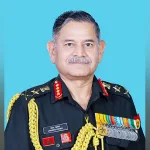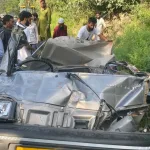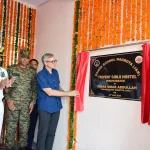The year 2024 represents a significant milestone in the chronicles of worldwide democracy, as about 60 nations are preparing to conduct electoral processes. Conducting elections is linked to a significant amount of intricacy. Indeed, conducting elections is a substantial endeavor, replete with intricacies that extend well beyond the mere act of voting. In order to ensure the equity and credibility of the electoral procedure, it is imperative to effectively coordinate intricate administrative, logistical, and security strategies.
Election logistics relies on the meticulous coordination of persons and equipment. A comprehensive team of election officials, volunteers, and support staff is mobilized to guarantee the smooth implementation of all stages, ranging from voter registration campaigns to the establishment of polling stations. Each individual has a crucial role to play, ranging from verifying voter identification to ensuring that polling locations are easily accessible to all citizens, regardless of their location or physical abilities.
In addition to this, there exist broader geopolitical and socioeconomic issues that surpass the technological intricacies and can exert a substantial influence on the conduct of elections. The presence of conflict and instability is constant in regions afflicted by prolonged conflicts or underlying tensions, such as the Israel-Palestine dispute and the Russia-Ukraine war. In such tumultuous circumstances, the safety and security of voters, election officials, and infrastructure emerge as crucial considerations.
The electoral process may encounter challenges due to the presence of violence, intimidation, or coercion, perhaps leading to a decrease in voter participation. Moreover, the coordination and execution of elections in regions affected by violence may encounter substantial obstacles as a result of population displacement, infrastructure deterioration, and interruption of essential services.
Simultaneously, the world is currently undergoing an unprecedented era of technological advancement, particularly in the realm of artificial intelligence (AI). The advent of artificial intelligence (AI) has had a profound influence on various facets of society, spanning from industries to everyday existence, offering the potential for enhanced efficiency, accuracy, and innovation. Nevertheless, despite the numerous technological advancements, the transformative capabilities of artificial intelligence (AI) have not yet been completely realized in the realm of political processes. This article examines the concept of employing artificial intelligence (AI) to revolutionize election supervision, emphasizing its advantages, disadvantages, and worldwide implications for democracy.
Electech Revolution: AI Unleashed in Democracy
Considering the challenges mentioned earlier, the incorporation of AI holds significant promise in enhancing voting processes. Virtual intelligence (AI) encompasses a diverse array of technologies, including natural language processing, machine learning, and data analytics, which can be effectively employed to enhance various aspects of electoral processes. The automation of data verification and authentication can be facilitated by this technology. AI-powered predictive analytics can be utilized to analyze real-time polling data and voter behavior trends, enabling the detection of electoral fraud or manipulation.
Furthermore, the utilization of AI-driven platforms can facilitate the implementation of voter education and engagement initiatives that are specifically designed to cater to distinct demographics and interests. Interactive interfaces and tailored messaging enable voters to access comprehensive information regarding candidates, issues, and voting procedures, thereby fostering civic involvement and facilitating well-informed decision-making. In addition, voters have the option to access immediate assistance and guidance through AI-powered chatbots and virtual assistants, which may rapidly and effortlessly address their inquiries and worries.
The field of election administration can benefit from the utilization of Artificial Intelligence (AI) to enhance resource allocation, reinforce security procedures, and improve the efficiency of logistical operations. To ensure equitable access to voting facilities, advanced algorithms can be employed to optimize the placement of polling stations by analyzing demographic patterns and historical voter turnout data. In addition, surveillance systems driven by artificial intelligence have the capability to detect and prevent potential threats or disruptions, thereby augmenting the safety and integrity of the electoral process.
Navigating Election Landscapes: Facing Challenges and Considerations
However, the widespread implementation of AI in elections is accompanied with other challenges and considerations. Among these concerns, algorithmic bias, security, and data privacy emerge as the most significant. The collection and analysis of extensive voter data raise significant ethical and legal considerations pertaining to permission, transparency, and measures to prevent misuse or exploitation. Moreover, the utilization of AI algorithms in critical decision-making procedures carries the potential for bias and prejudice, particularly when the underlying data sets exhibit systemic biases or inequalities.
In addition, the need for meticulous calibration and adaption of artificial intelligence (AI) solutions arises from the wide range of socio-political contexts and the intricate nature of electoral procedures. It is crucial to acknowledge that what is successful in one country may not be relevant or successful in another, underscoring the necessity for design and implementation that is tailored to the specific situation. To ensure equity, transparency, and public trust, the implementation of AI in elections must be accompanied by robust protections, supervision protocols, and accountability structures.
Democracy Unplugged: Decoding AI’s Impact
The utilization of AI in electoral procedures has a substantial impact on the future of democracy. AI has the potential to strengthen the foundation of democratic governance by enhancing the effectiveness, honesty, and inclusiveness of elections. Artificial intelligence (AI) possesses the capacity to enhance voting experiences through the optimization of election procedures, eradication of human fallibility, and facilitation of instantaneous analysis. Moreover, AI-powered initiatives such as remote voting and online voter registration have the potential to enhance the accessibility of the political process, particularly for marginalized or susceptible regions.
However, concerns have been raised regarding the potential impact of AI on democratic principles and standards, particularly in light of its uncritical integration into electoral procedures. The concentration of power and control in the hands of commercial organizations or technological elites has the potential to undermine the validity and accountability of election processes. Moreover, the commoditization of voter data and the potential for algorithmic manipulation give rise to concerns regarding human privacy, autonomy, and political liberty.
Conclusion
The utilization of artificial intelligence (AI) in electoral procedures offers both opportunities and difficulties as the world grapples with the complexities of democracy in the twenty-first century. The potential of artificial intelligence (AI) to revolutionize the conduct of elections necessitates the establishment of inclusivity, accountability, and transparency rules to govern its implementation.
In the digital era, societies have the opportunity to uphold the principles of democracy by conscientiously and ethically using the transformative capabilities of artificial intelligence (AI). Ensuring a delicate equilibrium between technological advancement and democratic principles is crucial in navigating the intricacies of the 2024 election year and beyond.
(Aamir Ahmad Teeli is Doctoral Fellow at Central University of Tamil Nadu. E-Mail: [email protected] and Dr. Firdous Ahmad Malik is Assistant Professor of Economics University of People Pasadena California, United States. E-mail: [email protected])








